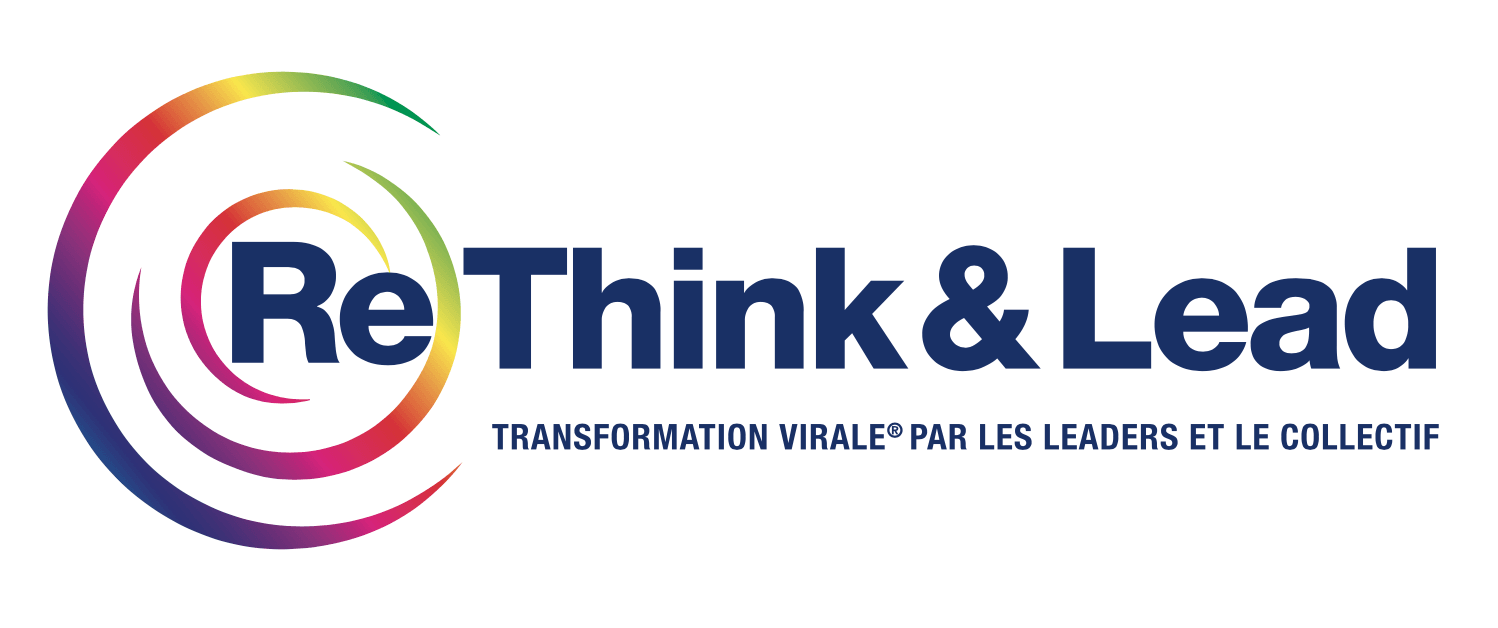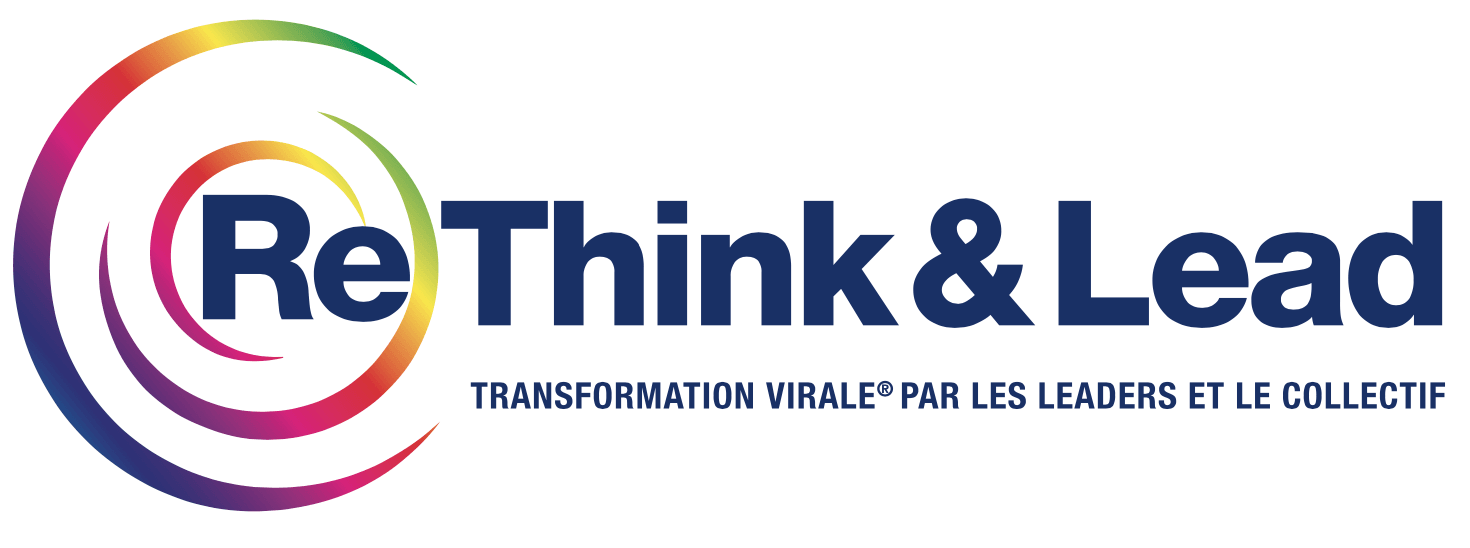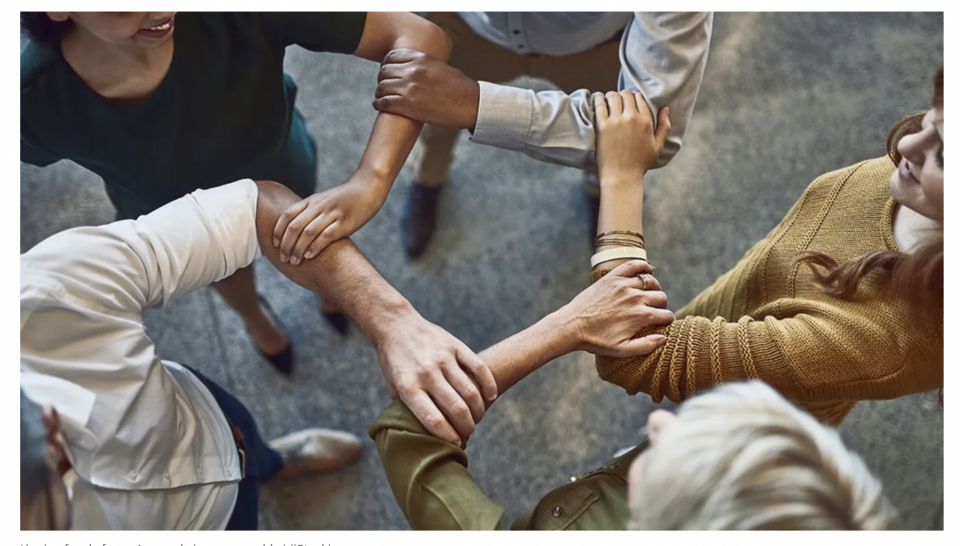Betting on the collective to prepare for afterwards
In 12 weeks, 50% of humanity pressed "pause". The unthinkable happened, upsetting everything in its path and putting everyone in front of a haunting, shouting uncertainty and a number of questions. In a few weeks, it was necessary to find answers, even provisional ones, and to (re)invent oneself in an accelerated manner. In less than two months, so much has happened: travel has stopped, telecommuting, home schooling, new alliances, production processes and supply chains to ensure business continuity or to meet the needs of caregivers in a hurry. The rebound and agility capabilities have been demonstrated. So how can we capitalize on this momentum, on everything that has in fact been simplified, made possible, rethought?
🖋 An opportunity in crisis
Indeed, how can we prevent ourselves from "going backwards" when the sirens of emergency and unprecedented crisis calm down? How can the return of a certain "normality" not also mean the return of complexity, in silos, of every man for himself, of chains of multiple authorizations and of the "stifling to wear and tear" of individual initiatives? How can we seize the opportunity to embrace the era of accountability and trust, the courage to put the general interest ahead of individual interests?
For the observation is clear: wherever the dialogue and the collective pre-existed before the crisis, the adaptations have been rapid, extremely rapid even. As we work from a distance and search for new concrete modalities in order for factories or distribution centers can operate in satisfactory conditions for all, the reorientation towards necessary activities in solidarity for the caregivers or the country, or even the acceptance of the need for partial unemployment working for an indefinite period of time ... Everything was put in place in 48 to 72 hours, time to overcome surprise and astonishment, to confront reality and to face it. On the other hand, where individual and collective responsibilities had not been cultivated, worked on and thought through beforehand, the obstacles multiplied in the face of decisions that were made for the good of all, but which were often badly experienced and poorly received because they were "external" and taken without involving the employees.
🖋 The Collective as the ‘new norm’
Climate mobilization had already shown the need - and the desire - to forge alliances, to cooperate, to think and act together to gain impact and elasticity. Suddenly and unprecedented, this health and economic crisis has put us back in front of the obvious: the interdependencies between countries, between sectors of activity, between small and large organizations, etc. How then can we (still) think that it would be possible to act durably on the situation without looking at each other, without bringing together and collaborating different actors, different skills, different parties involved to ensure that we can look at the situation as a whole and analyze the different dimensions of the problem?

Suggested Articles

